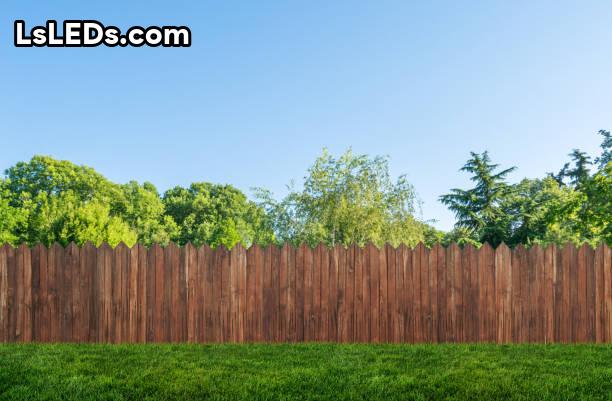
If the lawn is aerated, the wires need to be buried at least 6 in. deep. The wire can be covered with mulch or soil in a protected planting bed.
Table of Contents
How deep should a low voltage cable be buried?
How deep do low voltage wires need to be buried?
The wiring method needs to be buried at least twelve inches deep. There will be a lesser depth allowed where the installation instructions for the lighting system are given.
What is the minimum depth for electricity cable?
When it is decided that cables will be buried in the ground, the cables should be routed in such a way that they are not likely to be damaged by any future accidents and should be buried at a depth of 600mm.
How far can you run 12 2 wire underground?
The circuit is between 60 and 70 feet in length. It would only give out 5 outlets and a light. It would be a light load and running small things.
How do you bury low voltage cables?
How deep should landscape wire be buried?
It’s a good idea to bury the wires 6 to 12 inches below the ground to make sure you don’t disturb them. Put the wires in the trench, fill it with dirt, and replace the sod with a new one.
How long can you run low voltage wire?
If the total wattage of the fixture on the wire is less than 100 Watts, you can run 12-gauge about 100 feet. Direct burial helps to prevent weather-related problems over time, and you should check that your wire is listed.
How deep do you have to bury electrical conduit?
It is recommended to bury metal conduits at least 6 inches below the ground. It is possible to run them at a depth of 4 inches under the concrete slab. Under your driveway, the conduits need to be buried below 18 inches and under a public road or alleyway, they need to be buried below 24 inches.
Can you get electrocuted from low voltage lighting?
Even though there are no obvious signs of injury from a low voltage electric shock, it can cause death.

How deep should landscaping wire be?
Should I bury landscape wire?
Laying out your landscape lighting wire and light fixture is the first thing you need to do. If the lawn is aerated, the wires need to be buried at least 6 in. deep. The wire can be covered with mulch or soil in a protected planting bed.
Do I have to bury low voltage wire?
Contractors have to run wires through conduit and bury them deep in the ground, but the 12-volt systems are more suited for direct burial. There is no need for a conduit to carry something. If you want to hide the wire, you can either bury it underground or top it off.
Can I bury outdoor wire?
It is required that exposed or buried wiring is listed. The most common type of cable used for outdoor wiring is type UF. A minimum of 24 inches of cover is required to bury UF cable.
Does low voltage wiring need to be in conduit?
The type of cable that can be used, as well as how that cable is installed, are all governed by NEC. The NEC requirements state that all wiring should be attached to the building. The low-voltage wiring won’t be strapped to the conduit.
Can low voltage wire be exposed?
It is possible that low voltage landscape lighting is dangerous. If the weather elements hit the exposed wires, the safety of family members and pets may be in danger.
Does exposed wiring need to be in conduit?
In a household wiring system, most of the circuit wiring is in the form of insulated cable that is run inside walls, floors and ceilings. The only place where conduit can be used is where the wires are exposed.
Do low voltage wires need a junction box?
There are two answers to this question. It can be a good idea if it’s required. I’d prefer them to be in conduit, with the exception of the ENT/smurf tube. It is similar to electrical wires in that it protects them from damage and provides accessibility.
Do low voltage wires need to be capped?
IfHarper is correct, cover the box and don’t worry about the wires being capped. If you find wires that are capped, it’s a good idea to do it. It wouldn’t hurt anything and wouldn’t cause wires to shorting.
